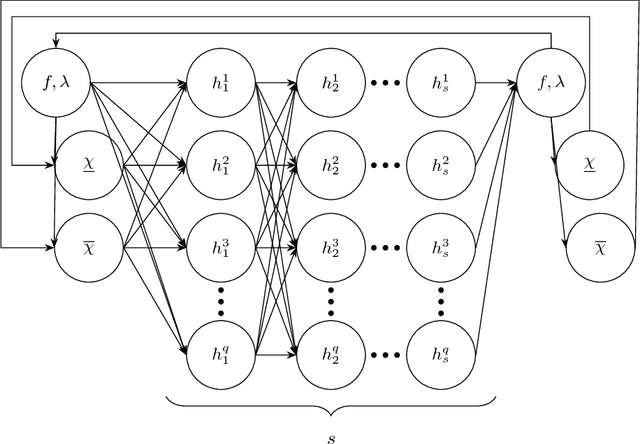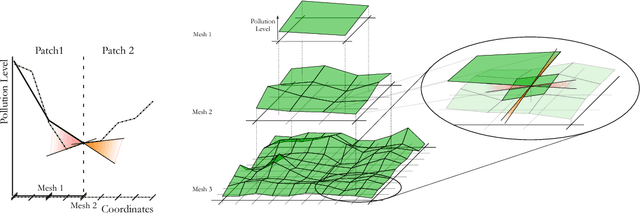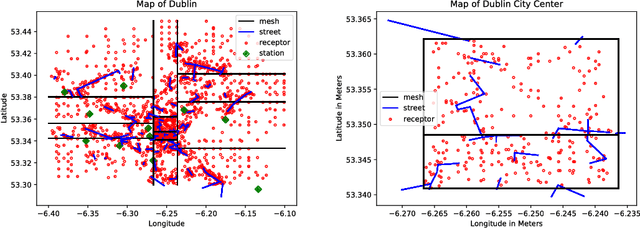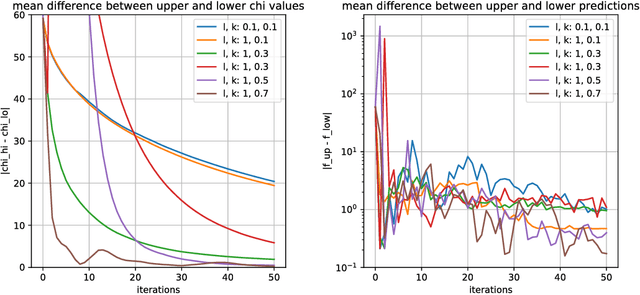Scaling up Deep Learning for PDE-based Models
Paper and Code
Oct 22, 2018



In numerous applications, forecasting relies on numerical solvers for partial differential equations (PDEs). Although the use of deep-learning techniques has been proposed, the uses have been restricted by the fact the training data are obtained using PDE solvers. Thereby, the uses were limited to domains, where the PDE solver was applicable, but no further. We present methods for training on small domains, while applying the trained models on larger domains, with consistency constraints ensuring the solutions are physically meaningful even at the boundary of the small domains. We demonstrate the results on an air-pollution forecasting model for Dublin, Ireland.
* 10 pages, 7 figures
View paper on
 OpenReview
OpenReview
 Add to Chrome
Add to Chrome Add to Firefox
Add to Firefox Add to Edge
Add to Edge